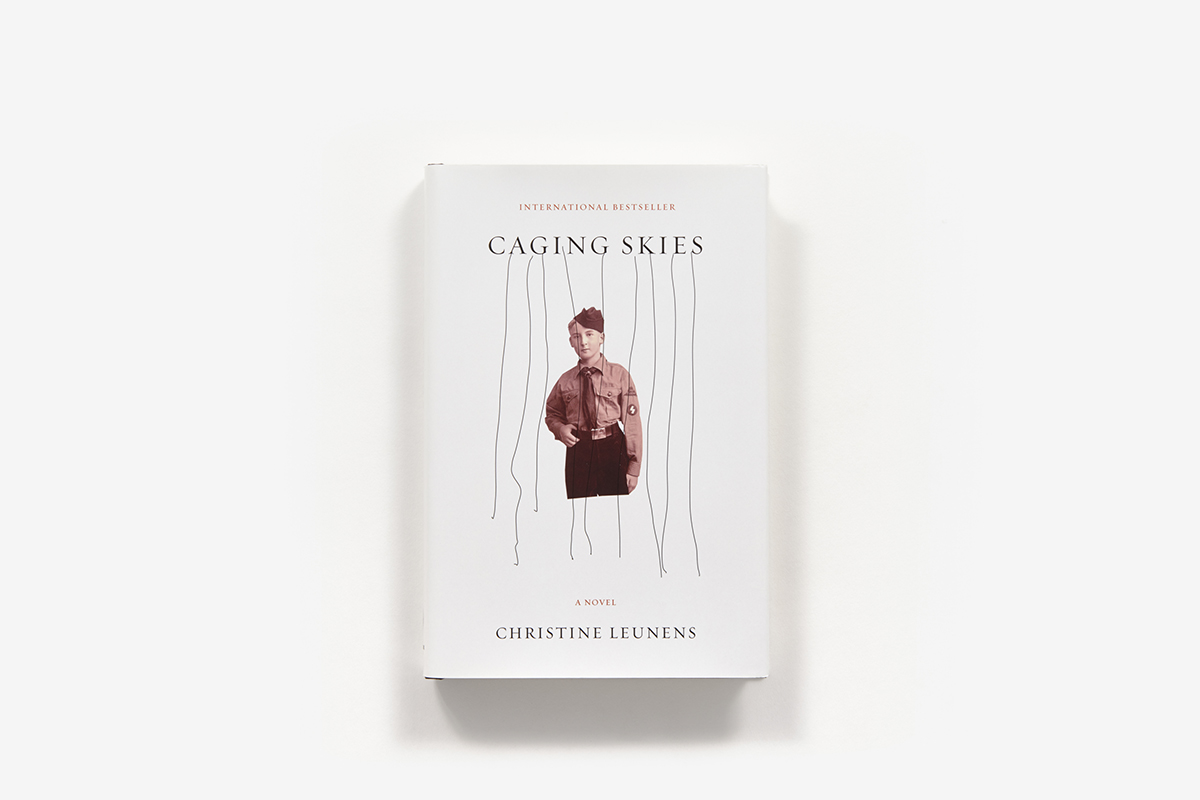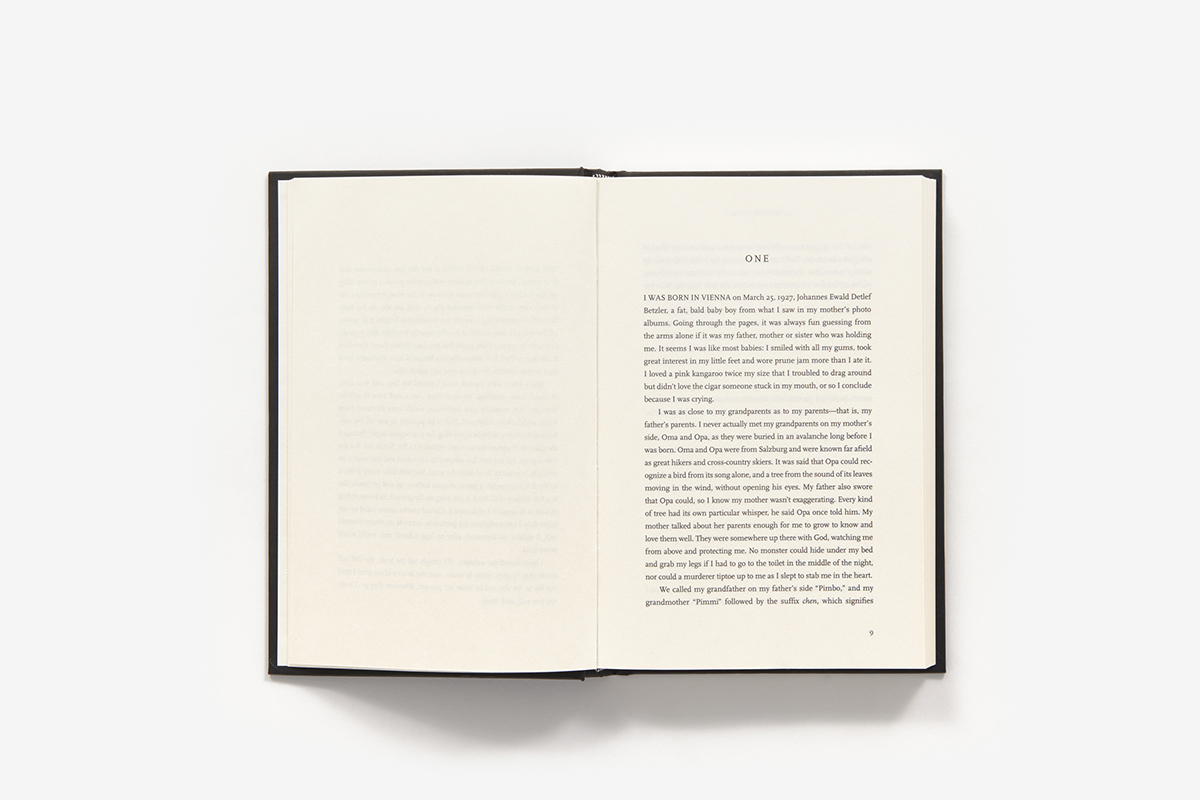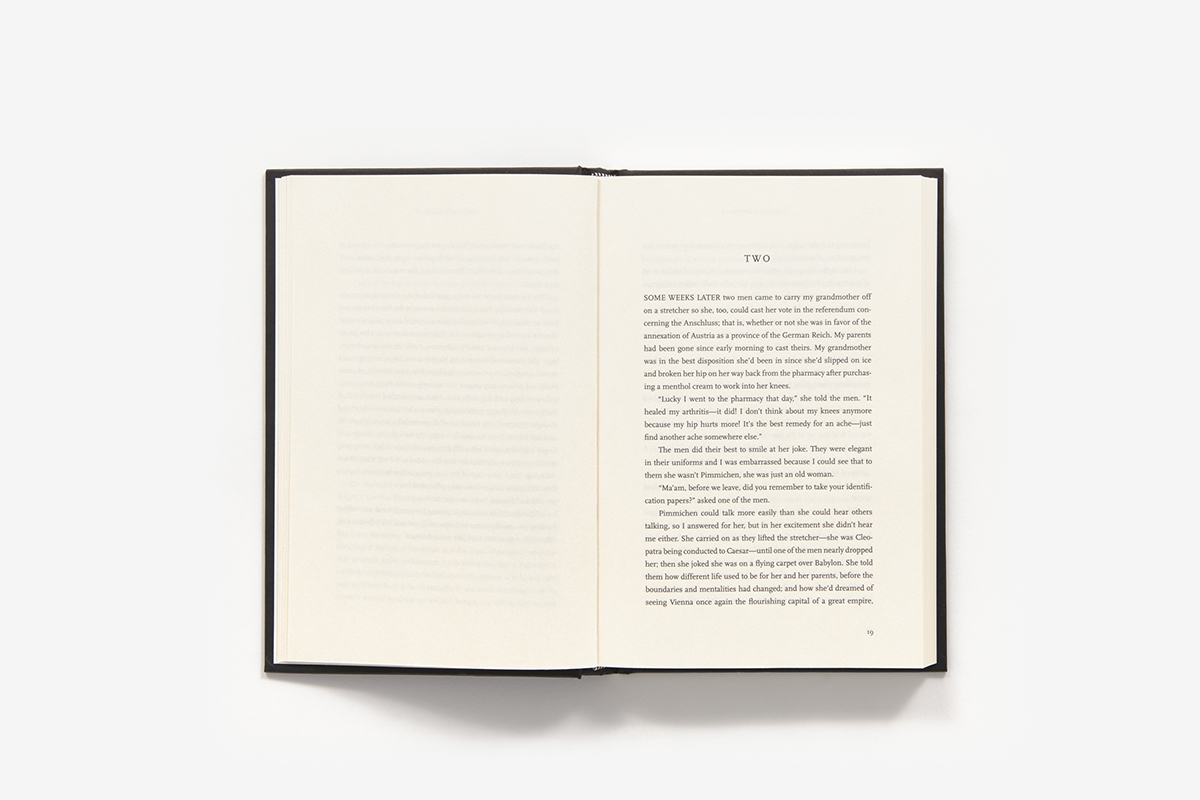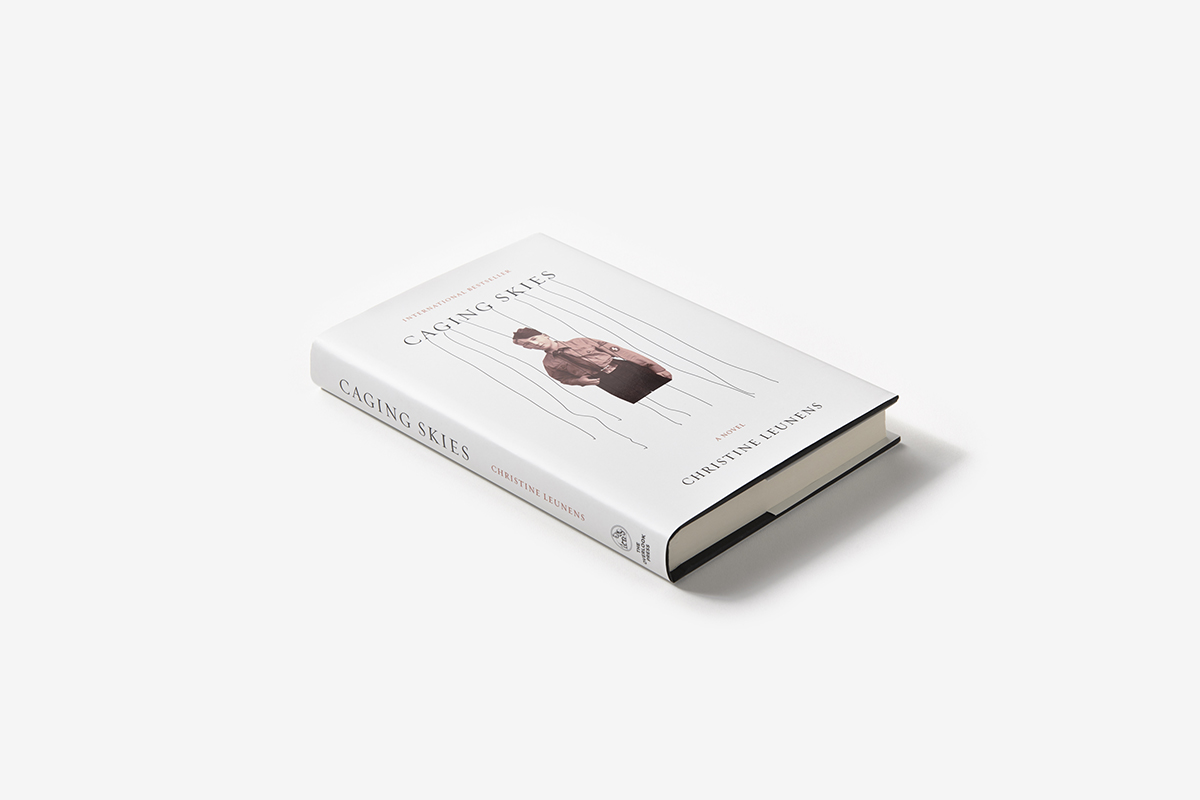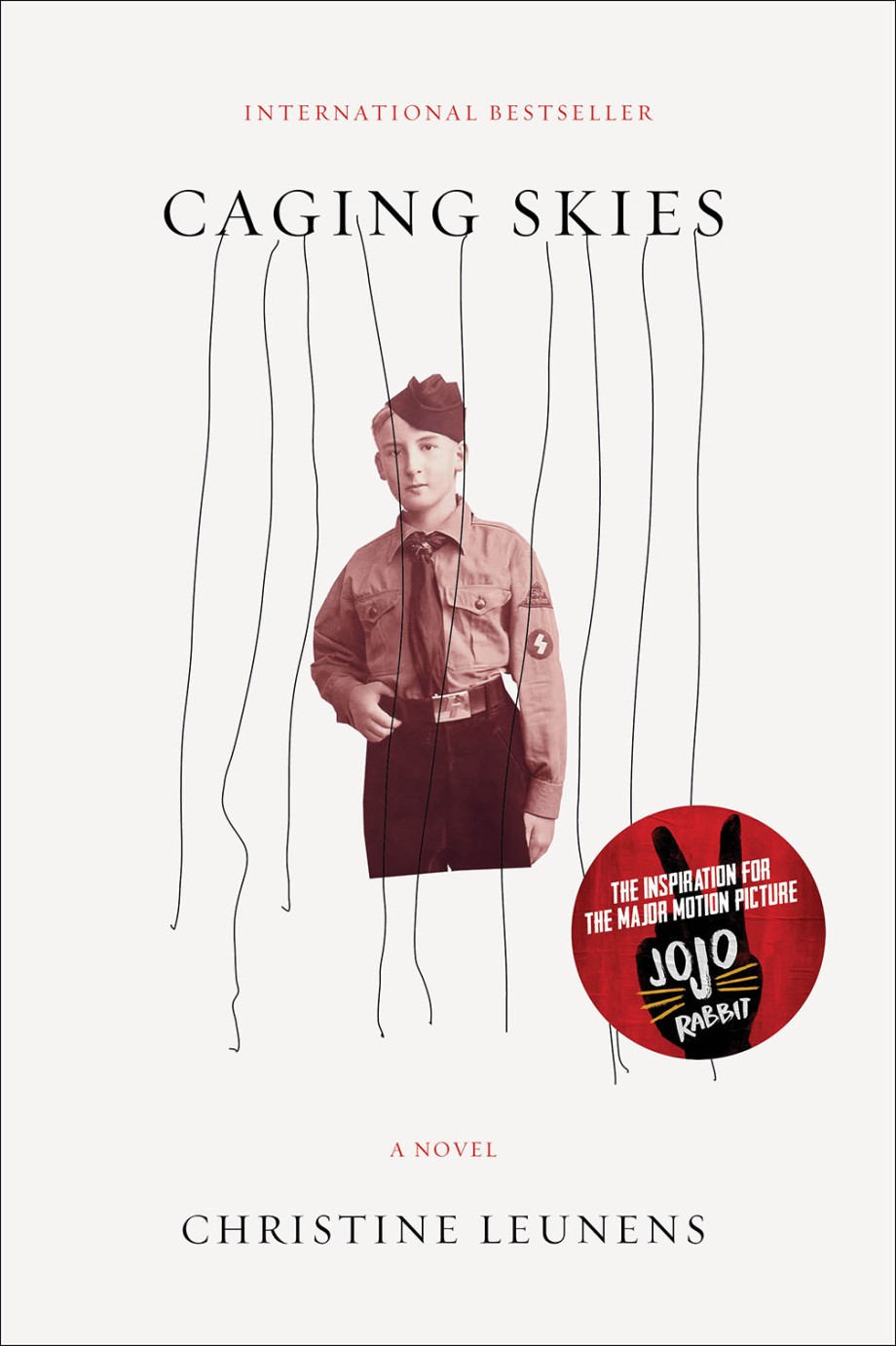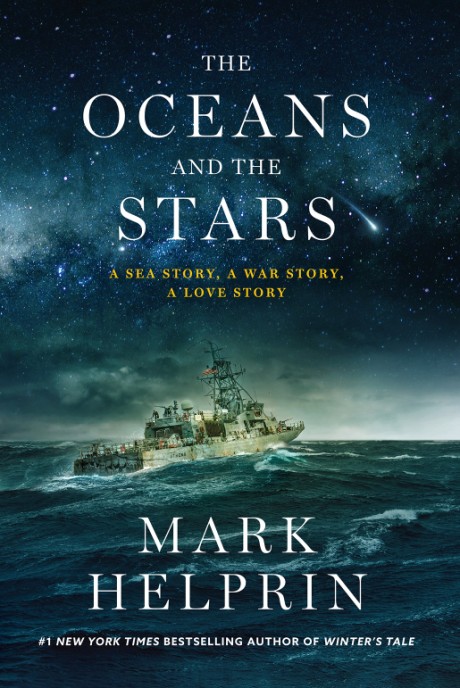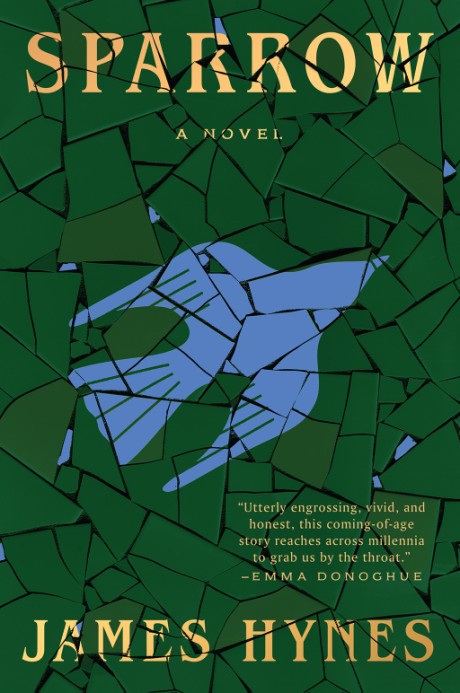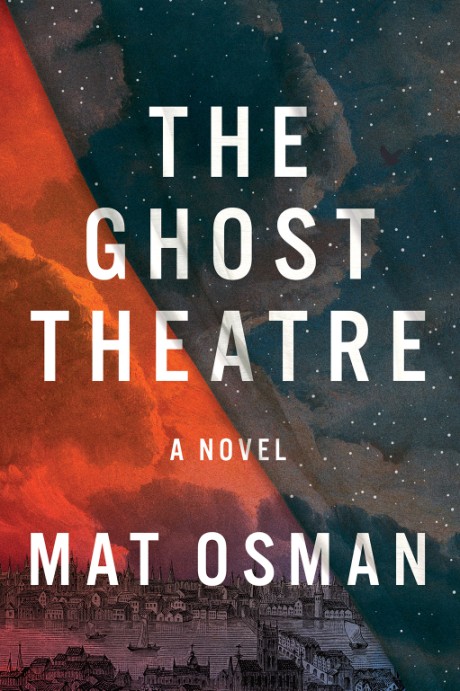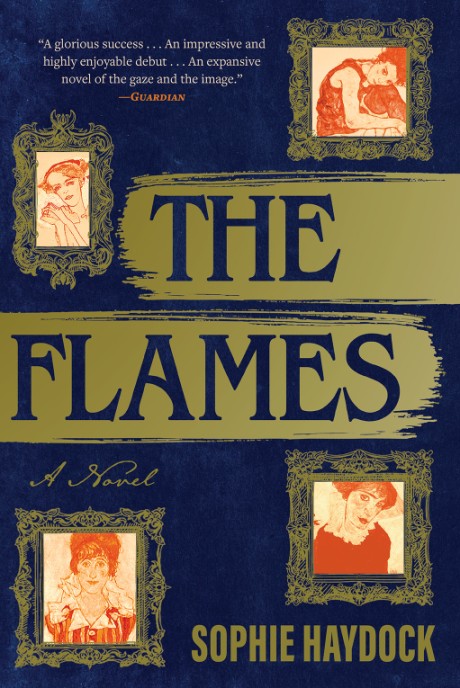The inspiration for JOJO RABBIT, winner of the Academy Award for Best Adapted Screenplay, by director Taika Waititi, and nominated for 6 Academy Awards, including Best Picture.
An avid member of the Hitler Youth in 1940s Vienna, Johannes Betzler discovers his parents are hiding a Jewish girl named Elsa behind a false wall in their home. His initial horror turns to interest—then love and obsession. After his parents disappear, Johannes is the only one aware of Elsa’s existence in the house and he alone is responsible for her fate. Drawing strength from his daydreams about Hitler, Johannes plans for the end of the war and what it might mean for him and Elsa.
The inspiration for the major film Jojo Rabbit by Taika Waititi, Caging Skies, sold in over twenty countries, is a work of rare power; a stylistic and storytelling triumph. Startling, blackly comic, and written in Christine Leunens’s gorgeous, muscular prose, this novel, her U.S. debut, is singular and unforgettable.
Praise
New York Times Bestselling author We Were the Lucky Ones, Georgia Hunter“A vivid and deeply compelling novel, Caging Skiesis an existential battle of moral and ethical extremes. Christine Leunens is an adept and eloquent storyteller.”
—
“Leunens is a strong writer, her prose supple and darkly engaging. Her depiction of wartime Vienna is nearly cinematic and utterly convincing. . . . A dark, disturbing novel . . . Vivid prose.”Kirkus Reviews
—
Historical Novel Society"A bold novel of great fierceness, insight, and emotional savagery. I admire Leunens's refusal to soft-soap anything, even as, while reading, I had to put the book down and pace around the room. But if you stick with Caging Skies, you'll get an entire era distilled into two people, a Tolstoyan marvel."
—
Le Monde“A beautiful novel, powerful, different, and ambitious. It explores . . . a love so total that it locks up, isolates, and colonizes the partner. An unforgettable book.”
—
Le Nouvel Observateur“One wonders why this beautiful, strange, and terrible subject had never been taken up before . . . the book fascinates and leaves a rare impression of strangeness and power.”
—



